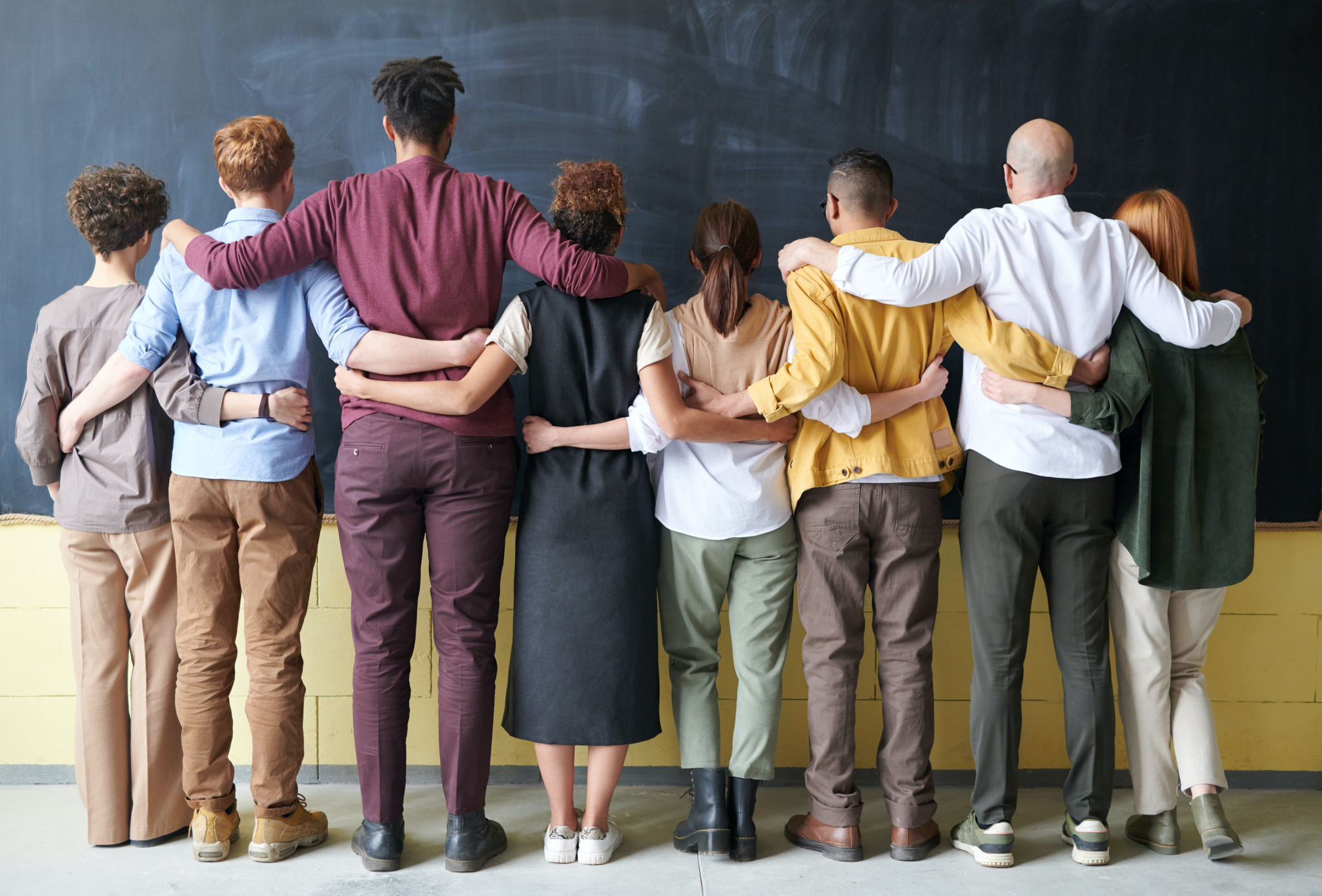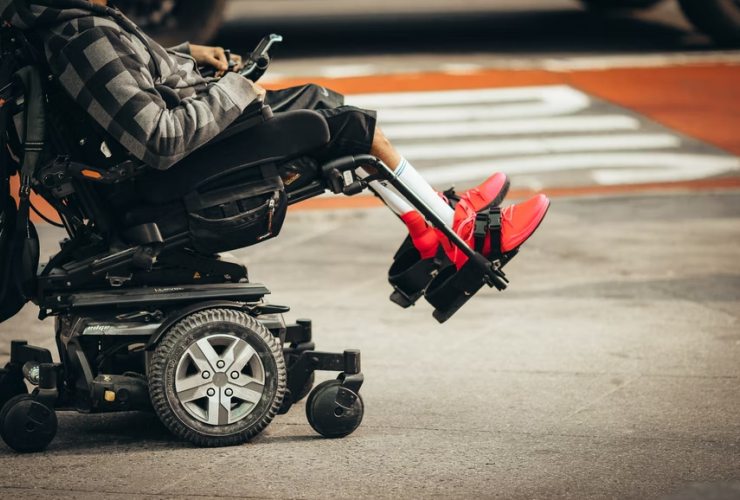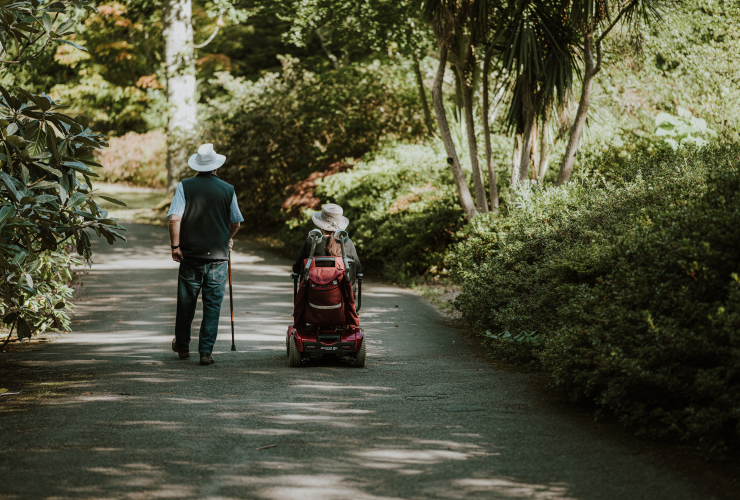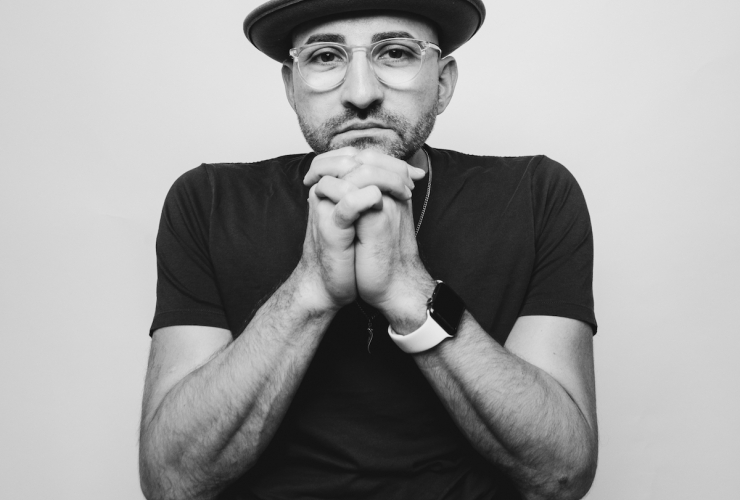It is said almost reflexively that Canada is a leader in inclusion.
We are one of the world’s most diverse countries, where difference is not only tolerated but celebrated as part of what makes us who we are.
Many public leaders echoed this sentiment recently while celebrating Canadian Multiculturalism Day.
One of them was Prime Minister Justin Trudeau, whose father Pierre was a leading architect of multiculturalism in Canada.
The younger Trudeau stated the following: “Our multiculturalism makes us who we are as Canadians… Canada’s proud and long-standing tradition of welcoming people from around the world with open arms continues to shape our country today.”
To some degree, he is correct.
Just over 50 years ago, we became the first country to establish multiculturalism as its official policy for governing diversity.
Welcoming newcomers is so much a part of who we are that for Canadians, the strength of one’s national identity positively correlates with support for immigration.
From a global perspective, Canada has undoubtedly been one of the world’s more welcoming countries, and that is something to celebrate.
So why is hate growing in Canada — not simply as a result of the pandemic, but in the years leading up to it?
The problem is that while multiculturalism tolerates difference, it does not do enough to actively challenge an unjust society where racial and cultural injustice has taken hold.
And this is becoming all too noticeable.
Almost every province and territory have seen increases in police-reported hate crimes over the past decade.
There has been a particularly dramatic rise in anti-Asian racism in Canada, with anti-Asian hate crimes jumping by 300 per cent in 2020. Vancouver was hit particularly hard, with hate crime incidents targeting Asian communities rising by over 700 per cent from 2019 to 2020.
Four in 10 Black Canadians have also experienced racial discrimination, a rate 15 times higher than that of non-visible minorities. This number has nearly doubled since 2014 and is not just a pandemic phenomenon.
And while land acknowledgments have become standard practice and Indigenous cultures are celebrated for their artistry and ingenuity, within the last decade, Indigenous persons have become 10 per cent more likely to find themselves as targets of hate on their own unceded lands.
These are just some examples.
While Canada may welcome people with open arms, for people already here, it is not so inviting.
It should be clear that racism is not something that just happened in the past, only happens occasionally or merely happens “over there” in the U.S.
As we celebrate half a century of multiculturalism, we must ask whether our confidence in ourselves as an all-welcoming champion of inclusion has made us complacent in recognizing and redressing injustice, and whether multiculturalism is little more than rhetoric in 2022.
While celebrating cultural diversity is a wonderful thing, it must be complemented by a practical, action-oriented approach to inclusion and social equality — one that addresses prejudice, discrimination and the inequality that follows.
Indigenous and racialized Canadians continue to have lower incomes, worse physical and mental health outcomes and higher rates of disability, all of which form barriers to community participation. And none of which will be remedied by land acknowledgments, parades, or one-off cultural awareness days.
If we are dedicated to inclusion and equality, our policies and attitudes must adapt to tackle the challenge of growing racial and cultural tensions in the country in ways that make a difference in people’s everyday lives.
Programs that bring people from different backgrounds together, in equal numbers and for a sustained period, are the most effective measure for reducing prejudice. Governments should prioritize practice in their anti-racism efforts and provide funding to support these programs in community organizations, schools and workplaces.
As part of this effort, education about multiculturalism must be reframed from a topic of intellectual reflection on paper to an activity in the community, through applied learning opportunities with groups working to make Canada a better place for everyone, regardless of their racial or cultural backgrounds.
As Canadians, we have much to celebrate. But we cannot let our achievements blind us to the challenges we face, nor can we assume that policies adopted half a century ago will work the same way today.
It is time to take a more active role in combating injustice, and to show the world Canada really is the warm, welcoming country we know we can be.
Spencer van Vloten is a community advocate and writer from Vancouver. He edits BCDisability.com and YouandMeBC.ca, and has been awarded the B.C. Medal of Good Citizenship, the City of Vancouver Award of Excellence, and was named Rick Hansen Foundation’s Difference Maker of the Year.
I think that constantly (and
I think that constantly (and it truly has become constant) parading one's "tolerance" and/or acceptance of all manner of difference at all times is rightly called "virtue signalling," which is akin to "holier than thou" and is extremely annoying.
It's certainly human nature to be proud of being ahead of the curve by being open and adaptable to social sea changes as are portrayed by the growing acronym LGBTQRplus for example; many of us truly love to see the variety. But in keeping with that same idea of variety, reality is normally a learning curve for most and attitudes take time to shift. So the best remedy for this growing cruelty (aside from unplugging social media) may be to simply back off the parade for awhile and let things steep and settle more. We need to be educated beyond our instincts in truth because we are a tribal species so more regular contact also helps.
My little responses will not
My little responses will not light up the world but they are a good habit. For decades I have felt a responsibility to create where I can, not so tolerance but accepting all souls. Even the the nasty ones because they have been broken by a system which has endured for thousands of years - to value power over life. Listening is one of the most immediate ways I can help those who feel isolated from the family of humans. Next is affirming that all who are here, belong here.






Comments